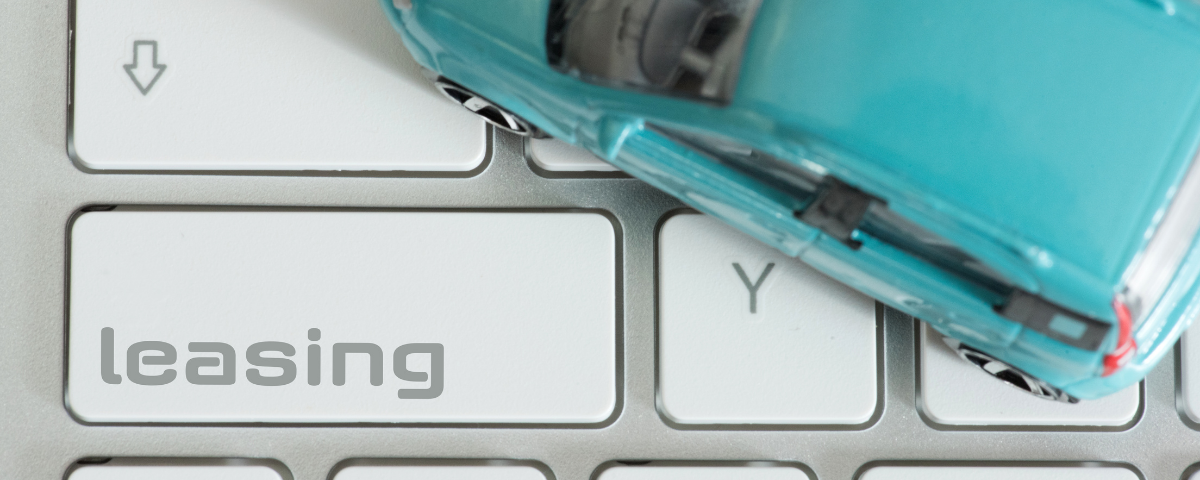A lease allows someone to have use of a building for a temporary or longer period. This can be whether it is a residential property or a commercial one that allows a company to operate. Whatever the kind of lease, there will be similarities between them. One similarity is that leases in general will need to be recorded with more transparency on a balance sheet per a set of financial accounting standards. This makes it important to consider the use of accounting software for leases to keep up with compliance.
What is a Lease?
A lease is a legally binding agreement or contract that will outline the terms that will mean one party is agreeing to rent out an asset while the other is agreeing to pay in exchange for its use. The asset can be a building or real estate, a patch of land, or a piece of expensive equipment. That is equipment that is too much for the business to afford to buy outright. In the case of properties or houses, usually, the real estate firms similar to Finlay Brewer, for example, take care of the legalities involved along with matching the home seekers with their desired home.
If we think of real estate property, then the lessee or tenant will be guaranteed use of a property owned by a lessor, who can be a property owner or landlord. This will be in exchange for regular payments over the specified lease period. Leases vary in length depending on tenant needs and property owner control desired. Many residents and businesses that lease will want the financial security of knowing they can stay at the property for a reasonable about of time and knowing that the guaranteed amount for the lease will not change over this period, as agreed.
What Clauses Will Be Included in a Lease?
So, the types of clauses included in a lease will likely relate to the duration and extensions attached to a lease term. This will allow the person occupying the property to stay for a guaranteed length of time, as long as they continue to meet the payments. There will be a clause that spells out the reasons that may result in the termination of a lease. Non-payment or misuse of the property will be on this list. There will be rules on guests and what kind of business activity can take place. For instance, subletting is not likely to be allowed. A clause will exist that deals with maintenance considerations. It will need to be laid out who is responsible for repairs during the time of the lease. Usually, it will be the landlord. If a residential property, then there may be rules on pets as well as short or long-term cohabitation. Then who pays for the insurance will need to be in the contract. The landlord will likely have the buildings insured but not the contents. The latter will be the tenant’s responsibility. This means that the cost should be factored in at the point of signing the lease.
How Can Software Help Firms That Account for Leases?
So, there will be responsibilities on both sides in respect of leases. A big responsibility where a lease management company is involved will be in accounting for the leases that are for more than 12 months. For instance, certain accounting standards will need to be complied with, such as ASC 842, GASB 87, and IFRS 16. These are the main accounting standards concerned with leasing. These accountancy standards deal with how leases are defined and the necessity for them to be included on balance sheets for great visibility, rather than stay hidden within a company’s figures.
Lease accounting software developed by a reputed Software development company can assist with the easy recording and more effective management of the data as well as help with compliance. Staff can have access to a customer service department to help them use the software. The software can guide users in complying with the accountancy standards that insist leases become a part of the balance sheet for transparency. Implementing software with expert guidance, keeping in mind all the necessary considerations, including sustainability and ease of access, can help users comply with accounting standards that require leases to become part of the balance sheet (visit Greenstones official website for more information). Having such sustainable software solutions on hand can enable you to go beyond data collection to real-time analysis and decision making. Aside from being legally required, this software can also help you organize and run a successful business.
Hence, a leasing business can look for SaaS application designing companies for good enterprise architecture services and solutions. Web-based software can improve the work efficiency of the leasing company along with sales and revenue generation. Moreover, implementing standards could make it harder for a company to record leases, so that is where software can help.
In conclusion, businesses will be thankful for lease accounting software so that they can automatically comply with the new financial accounting standards.




